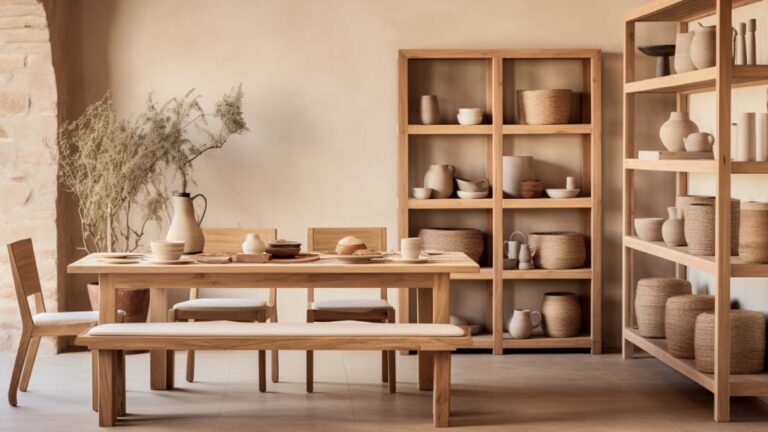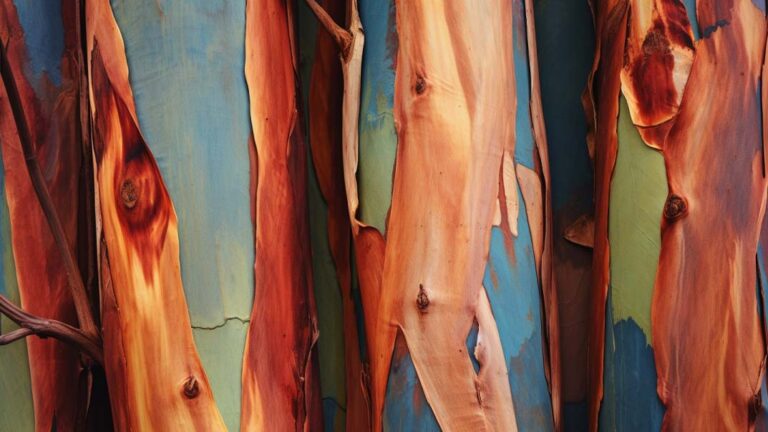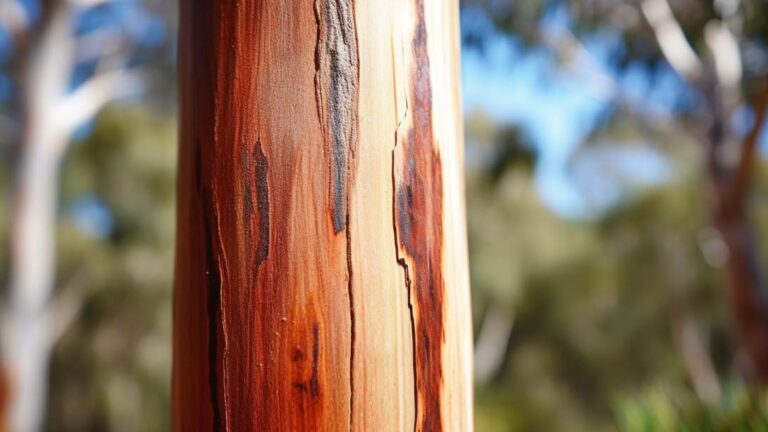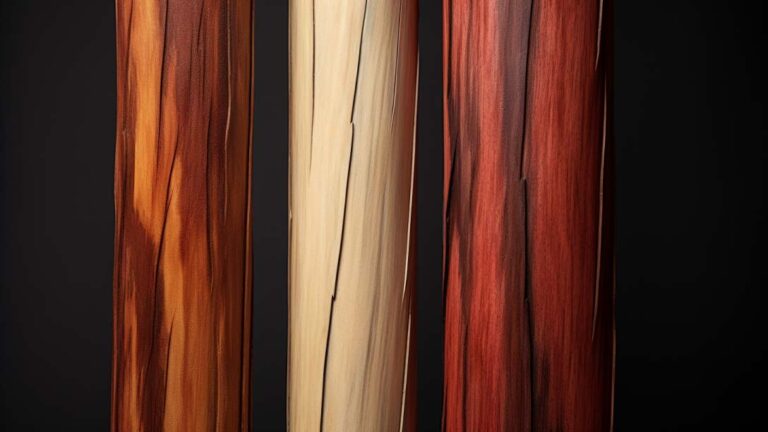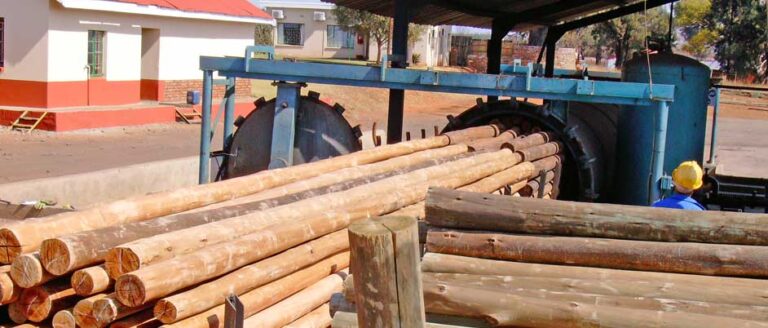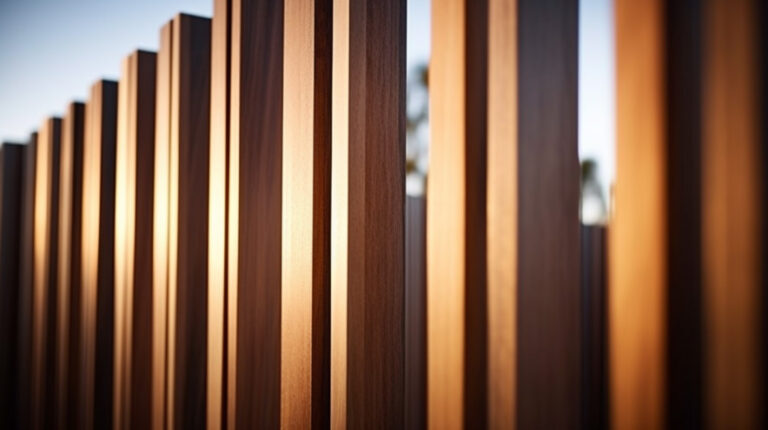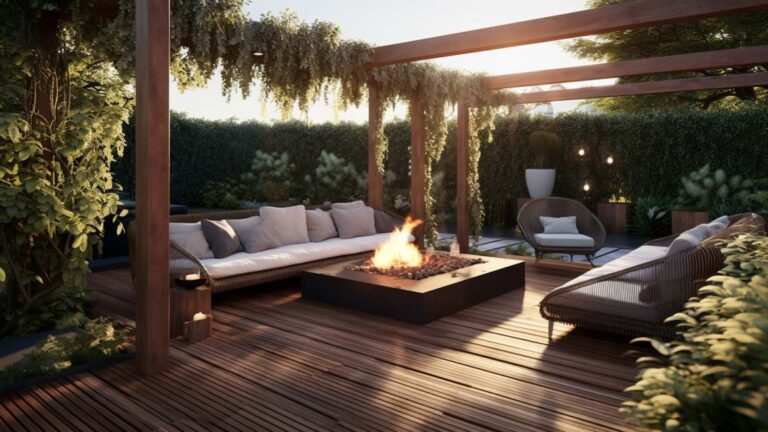Eucalyptus timber, with its remarkable versatility, stands as a testament to the ingenuity of nature. It is a material that transcends boundaries and offers a myriad of features and benefits that captivate the discerning eye.
This article takes a closer look at the extraordinary qualities of eucalyptus timber, showcasing its exceptional attributes that make it a coveted choice across various industries.
With a durability and resistance to decay that surpasses many other timber species, eucalyptus timber ensures longevity and reliability in construction projects. Its beautiful aesthetics, characterized by natural grain patterns and captivating hues, add an exquisite touch to any design.
But the allure of eucalyptus timber extends beyond its visual appeal. Sourced sustainably, it aligns with environmental values, making it an eco-conscious choice.
Moreover, its versatility extends to furniture and interior design, where it effortlessly combines functionality and elegance. Additionally, eucalyptus timber proves its worth in landscaping and outdoor projects, offering strength and resilience in the face of harsh weather conditions.
Through this exploration, we unveil the remarkable features and benefits of eucalyptus timber, showcasing its unrivaled adaptability and undeniable charm. Join us as we delve into the world of eucalyptus timber, an embodiment of nature’s unwavering craftsmanship.
Key Takeaways
- Eucalyptus timber is versatile, durable, and resistant to decay, making it ideal for construction projects, furniture, and interior design.
- It is sourced sustainably and has a low carbon footprint, reducing the demand for old-growth forests.
- Eucalyptus timber has beautiful aesthetics with natural grain patterns and captivating hues, enhancing the visual appeal of any space.
- It requires minimal maintenance and is long-lasting, making it a practical and sustainable choice for various structures and outdoor projects.
Durability and Resistance to Decay
Eucalyptus timber exhibits remarkable durability and resistance to decay, making it an ideal choice for various construction and outdoor applications. Its longevity is attributed to the natural oils present in eucalyptus wood, which act as a protective barrier against rot, fungal growth, and insect damage. These oils penetrate the wood fibers, making it highly resistant to decay even in harsh environmental conditions.
Additionally, eucalyptus timber possesses high levels of tannins, which further enhance its resistance to insect infestation. This inherent insect resistance reduces the need for chemical treatments, making eucalyptus timber an environmentally friendly option.
Furthermore, the durability of eucalyptus timber ensures that structures made from it can withstand the test of time, providing long-lasting and reliable performance.
Transitioning into the subsequent section, the durability of eucalyptus timber is complemented by its beautiful aesthetics and natural grain patterns.
Beautiful Aesthetics and Natural Grain Patterns
The unique beauty of eucalyptus timber is enhanced by its natural grain patterns, captivating the viewer with its visually appealing aesthetics. These grain patterns add depth and character to the wood, making it a popular choice in interior design trends.
Eucalyptus timber can be used in various applications, such as flooring, furniture, and cabinetry, due to its versatility and attractive appearance. The natural grain patterns of eucalyptus timber provide a sense of warmth and richness to any space, creating a welcoming and inviting atmosphere. This wood’s ability to complement different design styles, from traditional to contemporary, makes it a favorite among homeowners and interior designers alike.
Furthermore, eucalyptus timber’s natural grain patterns can be enhanced through staining or finishing techniques, allowing for even more customization options.
Transitioning into the subsequent section about sustainable sourcing and environmental benefits, it is important to note that eucalyptus timber’s beautiful aesthetics are not the only reason to consider this wood.
Sustainable Sourcing and Environmental Benefits
Sustainable sourcing and environmental benefits are key factors to consider when evaluating the viability of using eucalyptus timber in various applications. Eucalyptus timber is known for its sustainable practices and low carbon footprint, making it an eco-friendly choice for construction projects. The timber is sourced from responsibly managed plantations, ensuring the preservation of natural habitats and biodiversity. Additionally, eucalyptus trees have a rapid growth rate, allowing for efficient harvesting and reducing the demand for old-growth forests. This sustainable sourcing process minimizes the environmental impact associated with timber production. Eucalyptus timber also has a lower carbon footprint compared to other building materials, as the trees absorb and store carbon dioxide during their growth. This makes it an attractive option for environmentally conscious individuals and organizations. Transitioning into the subsequent section, eucalyptus timber’s sustainability and environmental benefits make it an ideal choice for a variety of construction projects.
Versatility in Construction Projects
With its adaptability akin to a chameleon changing colors, eucalyptus timber proves to be a valuable asset in a wide array of construction projects. Its versatile nature allows for creative applications in various structures, ranging from residential to commercial buildings. Eucalyptus timber can be used in flooring, wall paneling, roofing, and even as structural support. Its strength, durability, and resistance to decay make it an ideal choice for outdoor projects such as decks and pergolas.
Additionally, eucalyptus timber offers cost-effective solutions due to its abundance and fast growth rate. The availability of different grades and sizes further enhances its versatility, allowing for customization and optimization of material usage. Furthermore, eucalyptus timber’s aesthetic appeal adds value to construction projects, providing a natural and warm ambiance.
Transitioning into the subsequent section, eucalyptus timber’s versatility extends beyond construction, making it ideal for furniture and interior design.
Ideal for Furniture and Interior Design
An examination of eucalyptus timber reveals its suitability for furniture and interior design purposes.
This versatile wood offers numerous benefits for furniture design and interior decor:
- Durability: Eucalyptus timber is known for its strength and resilience, making it an ideal choice for furniture that needs to withstand regular use.
- Attractive appearance: With its natural grain patterns and warm hues, eucalyptus timber adds a touch of elegance to any interior space, enhancing the overall aesthetic appeal.
- Easy maintenance: Eucalyptus timber requires minimal maintenance, making it convenient for busy homeowners who desire low-maintenance furniture.
- Sustainable choice: Eucalyptus timber is sourced from renewable plantations, making it an environmentally friendly option for furniture design.
With its suitability for furniture and interior design, eucalyptus timber’s versatility extends beyond the indoors. It is also suitable for landscaping and outdoor projects, as will be explored in the subsequent section.
Keen on understanding the benefits of Eucalyptus timber? We unveil its features in our detailed guide. Learn More!
Suitable for Landscaping and Outdoor Projects
Eucalyptus timber’s versatility extends beyond its application in furniture and interior design. It is also a suitable choice for landscaping and outdoor projects. Its natural resistance to decay, durability, and strength make it an ideal material for garden design and the construction of outdoor structures.
In garden design, eucalyptus timber can be used to create stunning features such as pergolas, fences, and decking. Its beautiful grain and rich color add a touch of elegance to any outdoor space. Additionally, its low maintenance requirements make it a practical choice for busy homeowners who desire control over their garden’s appearance.
To illustrate the benefits of eucalyptus timber for landscaping and outdoor projects, the following table compares its key features to other commonly used materials:
| Features | Eucalyptus Timber | Other Materials |
|---|---|---|
| Decay resistance | High | Varies |
| Durability | Excellent | Varies |
| Strength | Strong | Varies |
| Maintenance | Low | Varies |
| Aesthetics | Beautiful grain and color | Varies |
By considering these factors, homeowners and landscapers can make an informed decision when selecting materials for their garden design and outdoor structures.

